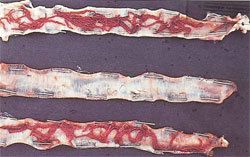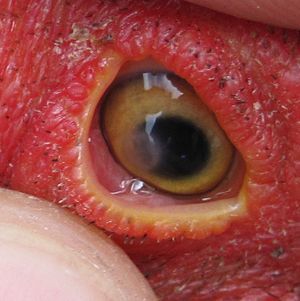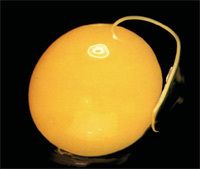- Jun 15, 2011
- 263
- 20
- 111
I have read a bunch of posts on what meds to use for worms. It's claim Valbazen is the thing to use. What I would like to know is how "you" determine that the issue was solved. Are you taking fecal to a lab? Are you using a microscope? What reference pictures are "you" using to figure out what type of worm it is?








